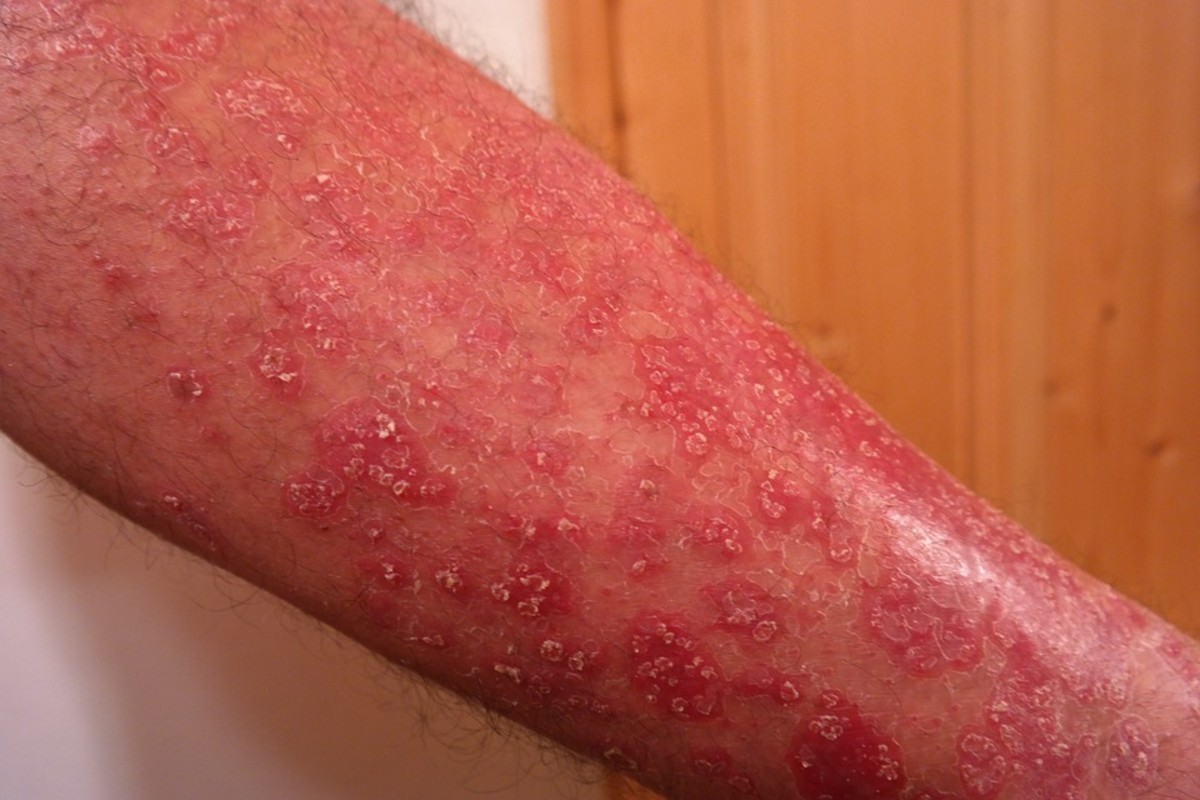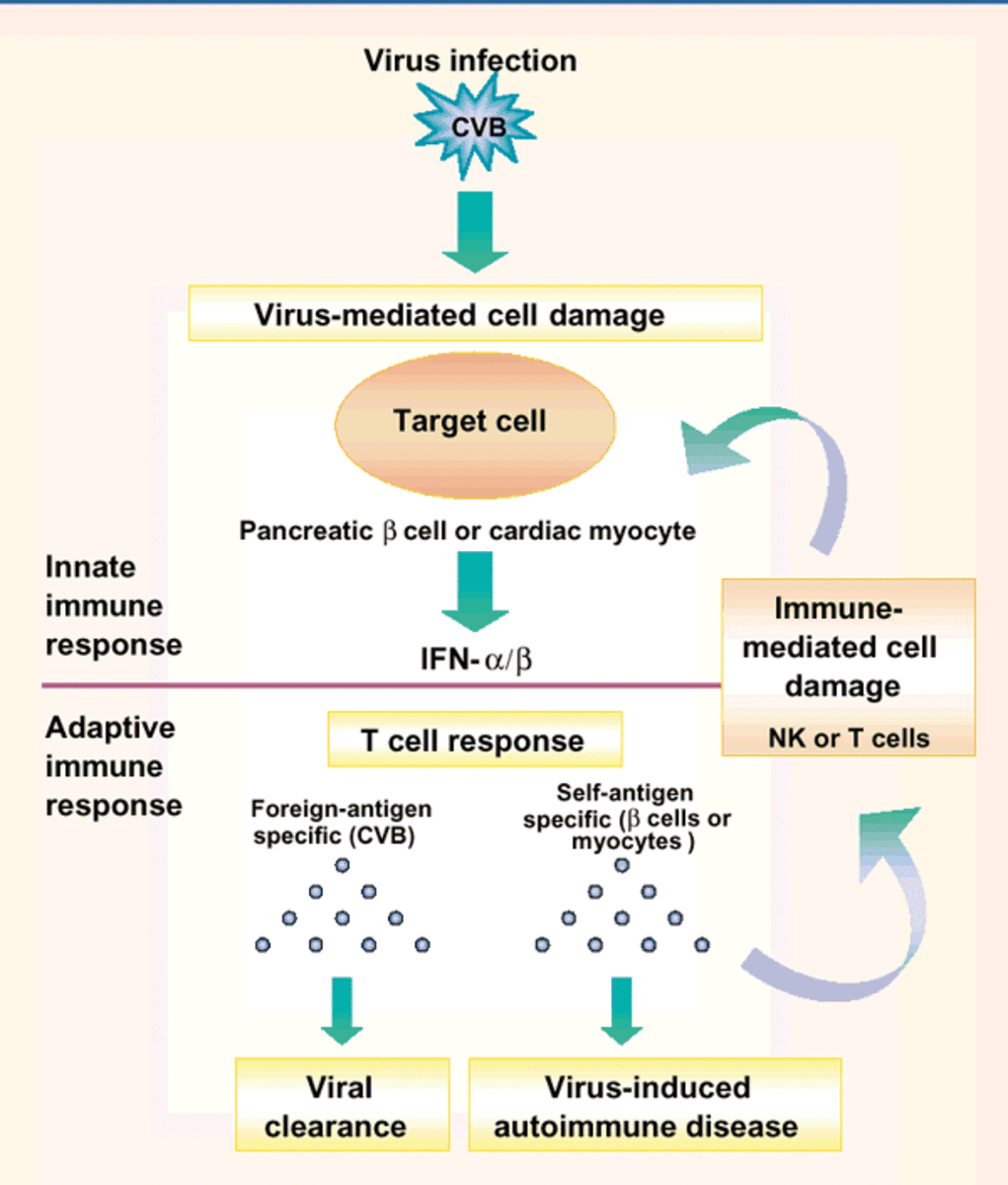MRSA Prevention
MRSA, or methicillin-resistant Staphylococcus aureus, is a form of staph infection that is resistant to many common antibiotics, including methicillin, oxacillin, penicillin, and amoxicillin. For this reason, it is commonly known as the "MRSA superbug."
MRSA was discovered in 1961 and for most of its known history, it infected primarily hospital patients, nursing home residents, and others with weakened immune systems. This type of MRSA is known as Healthcare-Associated MRSA.
In recent years, however, the rate of MRSA has been rising in the general public. When MRSA affects otherwise healthy individuals who have not recently been hospitalized or undergone a medical procedure, it is known as Community-Associated MRSA, or ca-MRSA. One study found a 14-fold increase in rates of ca-MRSA among children in South Texas between 1999 and 2001. In 2007, the Center for Disease Control and Prevention reported that 14% of reported cases of MRSA were community-associated.
Today, MRSA kills more Americans every year than AIDS.

Signs and Symptoms
About 1% of the population is colonized by MRSA without even realizing it. Most of these people are not infected with MRSA, and may never become infected. MRSA is only dangerous if it gets into the body, through a cut or injury.
MRSA is spread through skin contact with a colonized or infected person. You can also catch it from objects that have the bacteria on them, such as clothing or towels.
The first symptoms of MRSA are typically small red bumps that resemble pimples or spider bites. These may quickly become painful abscesses or boils.
Most MRSA infections remain confined to the skin, but they can spread to the bloodstream, lungs, or urinary tract, where infections are much more serious. Common symptoms include fever, chills, severe headaches or joint pain, difficulty breathing, and rashes that cover most of the body. These life-threatening infections are most common among patients with weakened immune systems, but rates are rising in the general population, particularly among groups who share living space and/or come in frequent skin or clothing contact with others, such as prisoners, military recruits, and athletes.
More recently, concerns have risen about high rates of colonization and infection among farm workers who come into contact with pigs, who are also susceptible to the disease. A recent study found MRSA in 70% of swine and 64% of swine workers at one Iowa farm. A larger Canadian study found MRSA in about 25% of hogs and 20% of hog farmers. Although the connection is still uncertain, swine-carried MRSA has been linked with dangerous inflammation of the human heart. MRSA has also been documented in horses, cattle, dogs, and cats.
MRSA Facts and Fiction
MRSA Prevention
- Wash your hands regularly. Wash your hands frequently with soap and hot water. Do NOT use antibacterial soaps in your daily life, unless directed to do so as part of workplace policy. Widespread use of antibacterial soaps speeds up the development of antibiotic resistant diseases such as MRSA.
- Treat wounds correctly. Keep wounds clean, dry, and covered with clean bandages to discourage infection.
- Don't share personal items, such as towels, clothing, and athletic equipment. Keeping personal items personal decreases the risk of spreading MRSA through contact with an infected object.
- Shower immediately after athletic games and practices, with soap and hot water.
- Wash clothes and linens regularly, especially if you experience any injuries or wounds. Wash athletic clothes after every use.
- Use antibiotics responsibly. Inappropriate use of antibiotics and antibacterial soaps is one of the major causes of the spread of antibiotic resistant "superbugs" such as MRSA, and overusing antibiotics weakens your immune system and makes you more susceptible to catching a "superbug." Use plain soap and hot water when washing hands, avoid excessive use of antibiotic wipes, and always follow your doctor's instructions exactly when taking prescribed antibiotics. Never share or save prescription drugs, and don't bother to take them for colds. Colds are viruses and are not affected by antibiotics. Learn more at Keep Antibiotics Working.
- Eat organic or pastured pork and other animal products. Another major cause of the spread of antibiotic resistant bacteria is the widespread practice of feeding antibiotics to livestock in their daily rations in order to keep them healthy and help them gain weight faster. In fact, an estimated 70% of all antibiotics used in the United States are given to healthy livestock. Overuse of antibiotics by pork producers is believed to the cause of high rates of MRSA colonization and infection among swine and farm workers who work with swine.
- Handle raw meat properly. Although there is no reported case of a person contracting MRSA from pork products, MRSA has been found in raw meat in grocery stores. Cooking will kill the bacteria. However, it is extremely important to follow normal precautions when handling raw meat of all types. In particular, wash hands, utensils, and surfaces that have been in contact with raw meat carefully and frequently with warm, soapy water to prevent cross-contamination of other foods.
Learn More
- MRSA infection - MayoClinic.com
MRSA infection — Comprehensive overview covers symptoms, causes and treatment of this virulent staph infection. - MRSA (Methicillin Resistant Staphylococcus Aureus)
Learn basic information on MRSA (Methicillin resistant Staphylococcus aureus) from the experts at WebMD.






